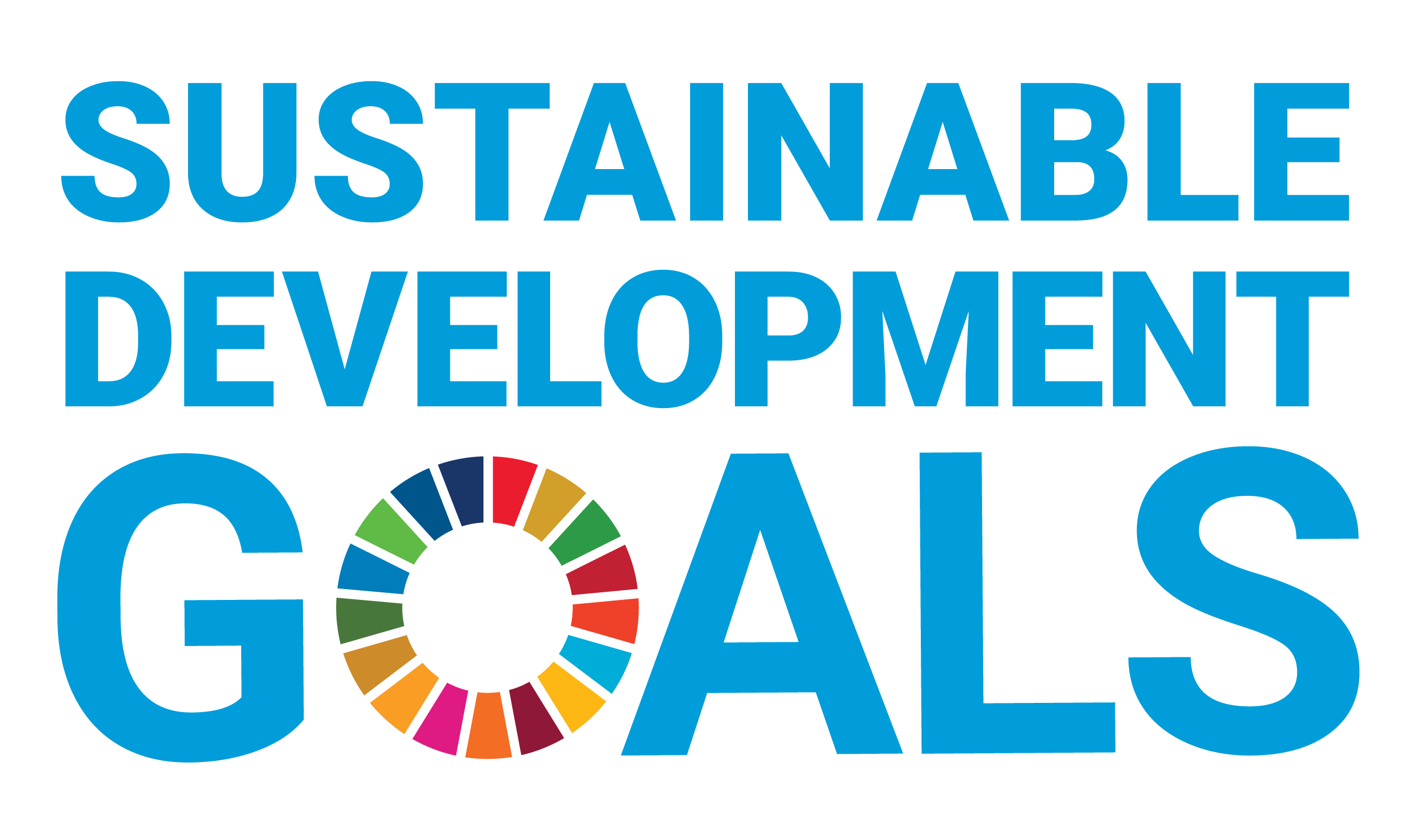Feasibility Study of a Hybrid Renewable Energy System for a Remote Rural Community Using HOMER Pro
Document Type
Conference Proceeding
Publication Date
2022
Abstract
As the Philippines strives towards energy security, there remains the concern for reliable and stable electricity in rural areas due to the lack of access to the main grid and the high cost of expansion. Standalone energy systems in rural areas can increase energy security from local renewable sources such as solar, wind, and water resources. This study modeled and designed a hybrid renewable energy system (HRES) in a remote rural community using HOMER Pro simulations. The goal is to assess the feasibility of integrating solar and wind energy resources with the existing micro-hydro power plant to provide 24/7 electricity in the community. A techno-economic assessment and an implementation strategy of the HRES are presented in this paper. Results show that the optimal HRES configuration has an additional cost of energy of PHP 3.98 per kW and includes 84-kW solar PV panels, 84 batteries, and a 27-kW converter. These can be integrated into the existing 10-kW micro-hydro power system. Together with the hardware technical specifications and system configuration, this contribution provides cost calculations, and has identified approaches to add to the overall system's long-term sustainability.
Recommended Citation
Yap, C.M.F., Bismark, K.M.K.C., Caballa, L.G.C., Peña, R.A.S., Parocha, R.C., & Macabebe, E.Q.B. (2022). Feasibility Study of a Hybrid Renewable Energy System for a Remote Rural Community Using HOMER Pro. 2022 IEEE International Conference on Power and Energy: Advancement in Power and Energy Systems towards Sustainable and Resilient Energy Supply, PECon 2022, 30-35. https://doi.org/10.1109/PECon54459.2022.9988815



